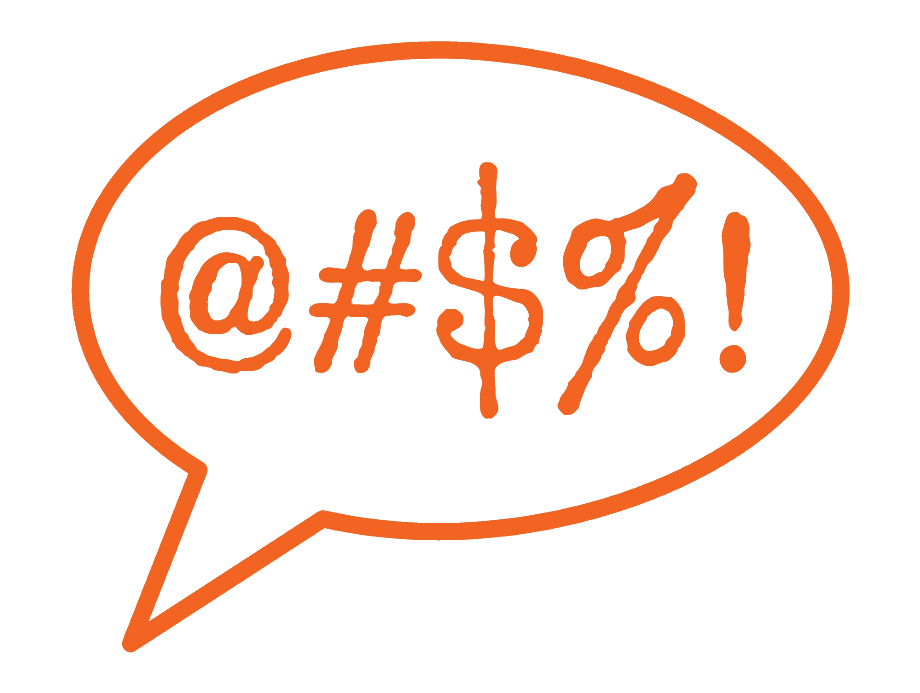Service
Any company, product, or brand starts with a name.
But are you sure that your name works well across the globe?
6992c617c2c22
Linguistic brand name validation is the process of checking names of brands or products against a range of metrics for the language(s) of the target market. Linguistic screening is essential to avoid potential misunderstandings of your brand when entering new markets with different languages.
A linguistic check is the only way to make sure your new name is acceptable globally – that is, in languages other than yours and cultures other than yours. While a name doesn’t have to mean something positive – or mean anything at all – it can be disastrous if a product launches with a name that’s unpronounceable or that has negative connotations in a target geography.
There are dozens of examples of brand names which work perfectly in one language but maybe not so well in another. A number of companies have run into linguistic challenges when their new products were launched in new markets with misleading or unacceptable meanings in translation.
Through this business name validation process, you can take the necessary provisions to test your name before you finalize your decision and confidently pick a business/brand name.
The processes involved in the validation include pronounceability, similarity to offensive words in target languages, cultural acceptability and aesthetics - the look and feel of the word, as well as possible negative connotations related to the name.
Performing a linguistic analysis on your name can help you avoid a misunderstanding that could ultimately alienate your brand as well as cost you expensive and time-consuming rebranding that may eat up your revenue and sales.
A thorough linguistic check, also called linguistic analysis, requires native speakers (plural) of the target language, living the in target geography, with a knowledge of naming and branding, and who also speak your language fluently, people who live their lives in a language and who are sensitive to the history and culture of a country.
If you are looking to launch your brand into new markets and want some guidance on the cultural context of your message, EUROTRANSLATE will make sure that your brand message is congruent with the culture of the desired market.
6992c617c6318
Difficulties in understanding

When your brand name is pronounced correctly, it might resemble another word in a target language or be easily misheard and misunderstood, thus creating unwanted associations – sometimes even with another brand!
Offensive words

Your brand name (or a part of it) might evoke something vulgar, rude, provocative, or have an unintended double meaning in the target language.
Difficulties in pronunciation

When your brand name is spoken, it might be hard to pronounce for the speakers of the target language, ambiguous, or even easily confused with other common words or brand names.
Unwanted connotations

If you want your name to feel secure and reliable, any associations with weakness and negative implications might be throwing your customers off. In addition, if the name is very similar to a large, well-known company in the target country, you should consider passing on the name.
